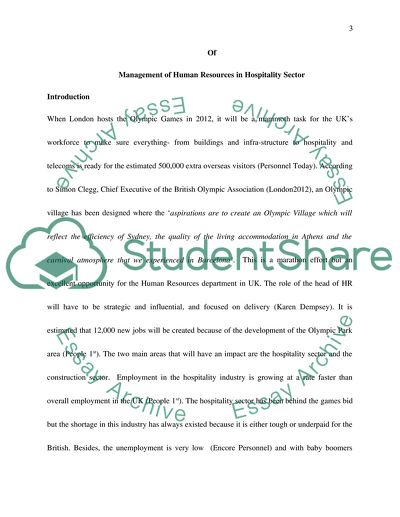Cite this document
(London Olympics 2012: Human Resources Term Paper, n.d.)
London Olympics 2012: Human Resources Term Paper. Retrieved from https://studentshare.org/human-resources/1535758-prepare-a-report-for-an-employee-in-the-hospitality-industry-sector-analysing-the-impact-of-the-london-olympics-2012-on-at-least-three-policy-areas-in-the-manag
London Olympics 2012: Human Resources Term Paper. Retrieved from https://studentshare.org/human-resources/1535758-prepare-a-report-for-an-employee-in-the-hospitality-industry-sector-analysing-the-impact-of-the-london-olympics-2012-on-at-least-three-policy-areas-in-the-manag
(London Olympics 2012: Human Resources Term Paper)
London Olympics 2012: Human Resources Term Paper. https://studentshare.org/human-resources/1535758-prepare-a-report-for-an-employee-in-the-hospitality-industry-sector-analysing-the-impact-of-the-london-olympics-2012-on-at-least-three-policy-areas-in-the-manag.
London Olympics 2012: Human Resources Term Paper. https://studentshare.org/human-resources/1535758-prepare-a-report-for-an-employee-in-the-hospitality-industry-sector-analysing-the-impact-of-the-london-olympics-2012-on-at-least-three-policy-areas-in-the-manag.
“London Olympics 2012: Human Resources Term Paper”, n.d. https://studentshare.org/human-resources/1535758-prepare-a-report-for-an-employee-in-the-hospitality-industry-sector-analysing-the-impact-of-the-london-olympics-2012-on-at-least-three-policy-areas-in-the-manag.


